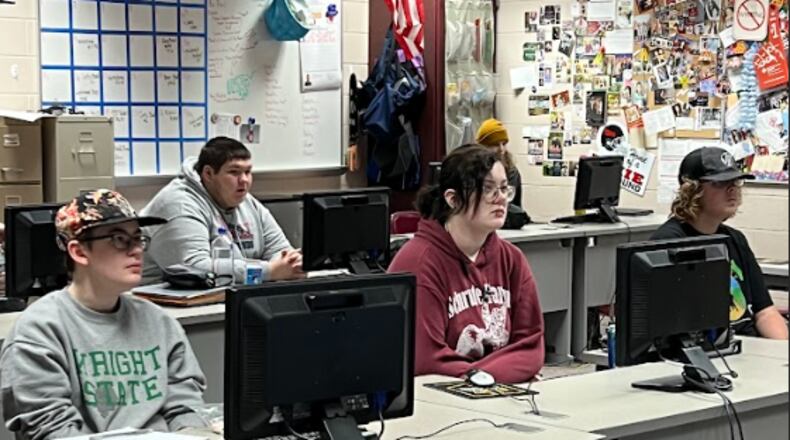Williams said in the next few weeks, district leadership will consider the next steps with regard to this levy. New Lebanon would have two more election cycles (May and November 2025) to put the renewal levy before voters again if it chooses to take that path.
“In our long-term planning, we plan for contingencies that would reduce funding from local, state or federal sources, so we do not plan on any immediate cuts,” Williams said. “Of course, the shortfall will impact long-term budgeting if we cannot generate those funds moving forward.”
The levy that was rejected is one of two income taxes in the New Lebanon school district. The other is a permanent 0.50% levy. New Lebanon’s five-year financial forecast says the school district takes in a total of about $2.2 million per year in income tax revenue, as part of its roughly $15 million annual budget.
Williams said the 0.75% income tax levy that was rejected fluctuates slightly from year to year, but accounted for about $1.3 million of that annual revenue last year.
Renewal levies keep tax rates at the same level (0.75% in this case), but extend them into future years. Voter rejection of renewal levies is relatively rare. While Montgomery County had hardly any renewal levies this election cycle, villages, townships and schools in neighboring Preble County had 24 renewal levies on Tuesday’s ballot, and 23 were approved.
According to a recent Dayton Daily News analysis of school finances, New Lebanon is better positioned to handle this hurdle than almost any district in the region. In recent years, the district has kept more than a full year worth of expenses in reserve.


